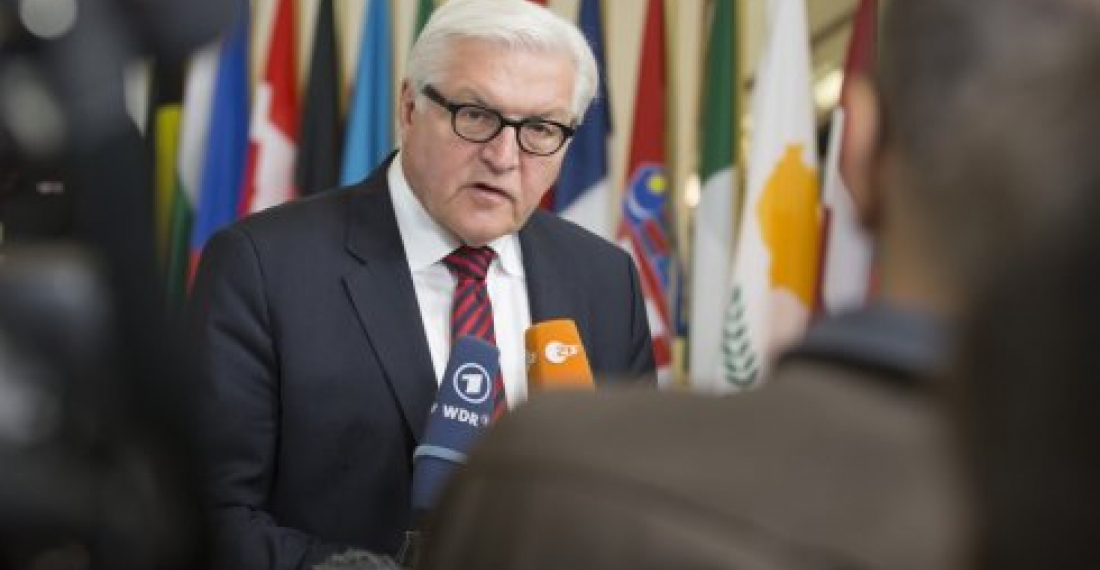An informal meeting of the foreign ministers of the member states of the organisation for Security and co-Operation in Europe (OSCE) has opened in the German city of Potsdam.
OSCE Chairperson-in-Office and Germany’s Foreign Minister Frank Walter Steinmeier earlier commented on the significance of the meeting
“In today’s world, which is plagued by many crises, the OSCE may be more important than ever – in managing the crises in eastern Ukraine, Transdniestria and Nagorno-Karabakh, as well as other conflicts in Europe, and with a view to maintaining peace and security in general.
In Potsdam, we won’t be afraid to address controversial topics and discuss specific issues, such as strengthening fundamental freedoms and democratic standards, or how to tackle new challenges, such as international terrorism and the consequences of displacement and migration.
That is why I am looking forward to welcoming my counterparts from the OSCE participating States to Potsdam. The fact that so many foreign ministers will be attending the meeting reflects the importance of the OSCE as a platform for dialogue, with a view to promoting peace in Europe and our common security from Vancouver to Vladivostok.
One important issue on our agenda is arms control. I believe this is precisely the right time to provide meaningful impetus with a view to greater transparency, risk reduction and confidence-building."
source: commonspace.eu with osce.org
photo: OSCE Chairperson-in-Office and Germany’s Foreign Minister Frank Walter Steinmeier






